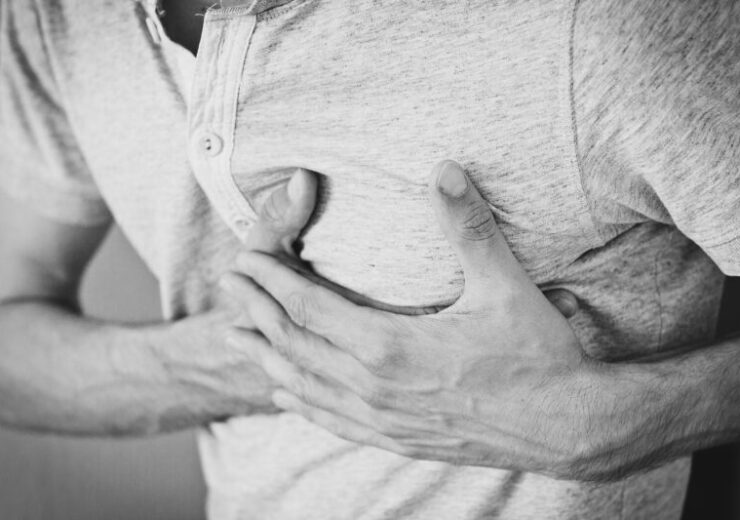The study, funded by US-based Biosense Webster and published in Heart Rhythm O2, assessed the risk of heart failure incidence in AFib patients treated with catheter ablation versus AAD

Biosense Webster has found lower risk of heart failure in AFib patients when treated with catheter ablation. (Credit: Pexels from Pixabay)
Biosense Webster, a part of Johnson & Johnson MedTech, has found a significantly lower risk of heart failure in atrial fibrillation (AFib) patients when treated with catheter ablation in comparison to antiarrhythmic drugs (AAD) in a study.
The study, funded by the US-based company and published in Heart Rhythm O2, assessed the risk of heart failure incidence in AFib patients treated with catheter ablation versus AAD.
Currently, catheter ablation and AAD treatments are generally used for the treatment of AFib patients.
As per the data, patients who were administered catheter ablation experienced a 57% lower risk of incident heart failure compared to patients treated with AAD.
The catheter ablation treatment results were found consistent across all racial/ethnic and sexual categories examined.
Biosense Webster president Jasmina Brooks said: “The results from this study underscore the positive, life-changing impact catheter ablation can have for people with AFib.
“At Biosense Webster, we are proud of our legacy of helping electrophysiologists elevate the standard of care and are continuing to generate scientific evidence to advance new solutions and approaches to help those with AFib live the lives they want.”
The trial involved adult patients with AFib who had used AAD previously. They were identified using the 2014-2022 Optum Clinformatics database.
The patients were then divided into two groups including those who had catheter ablation treatments and those who had AAD treatments.
These two groups were then matched using the propensity score matching technique on socio-demographic and clinical factors. Each of the two matched groups for catheter ablation and AAD contained 9,246 patients.
Heart Failure Study primary research partner Saima Karim said: “In this examination of a large real-world dataset, we found that there was a significantly lower risk of heart failure for those patients undergoing cardiac ablation treatment versus AAD as second line treatment.”
In August, the US Food and Drug Administration (FDA) approved multiple Biosense Webster’s atrial fibrillation (AFib) ablation devices for use without fluoroscopy.
